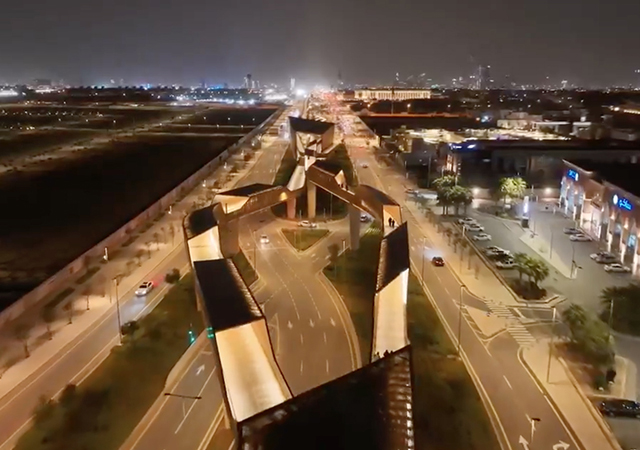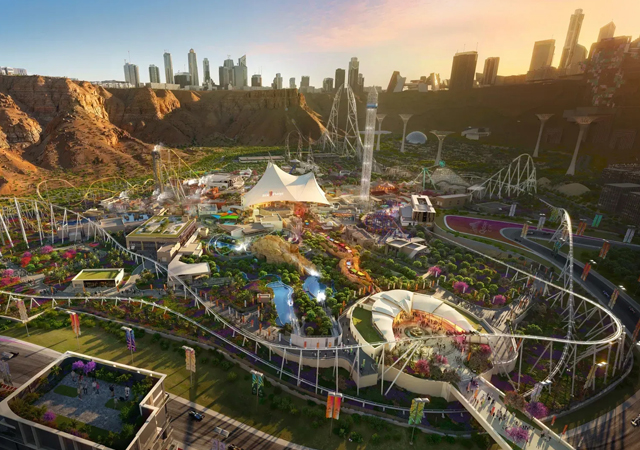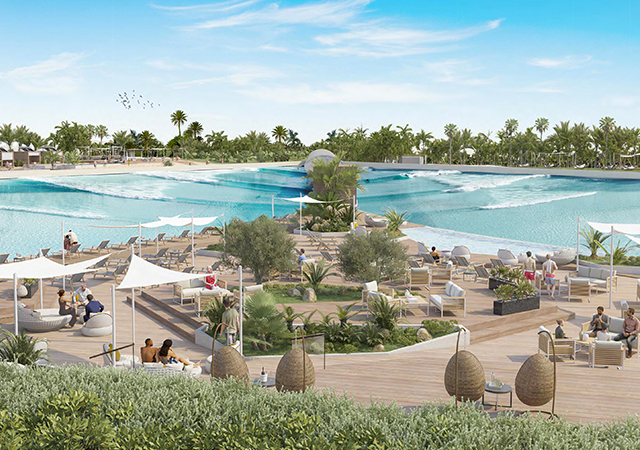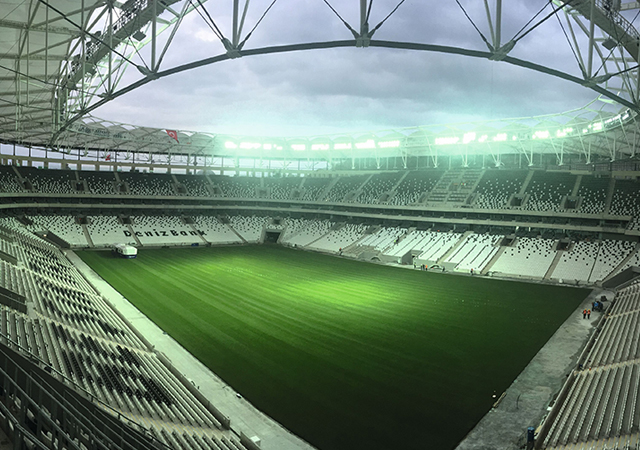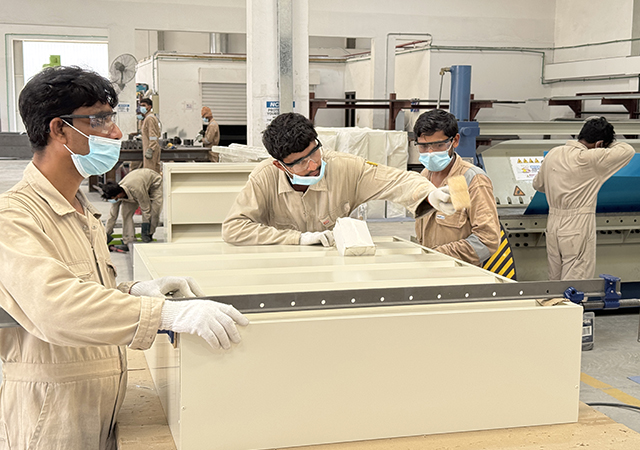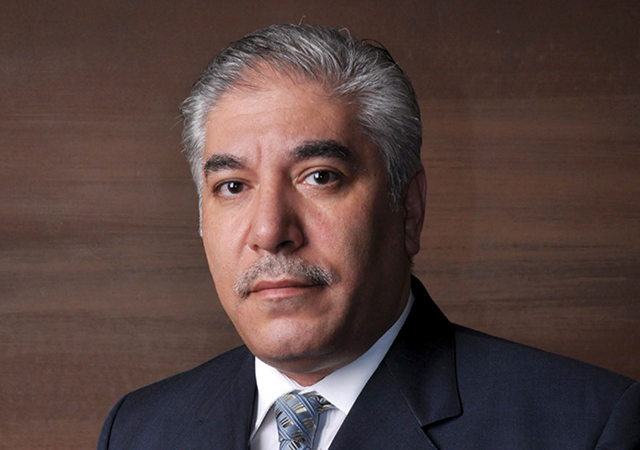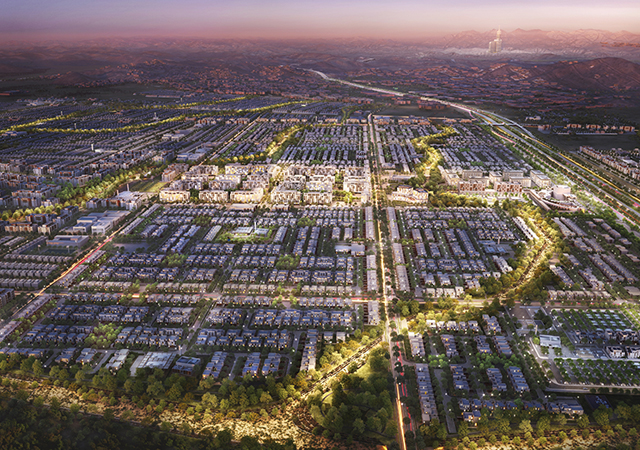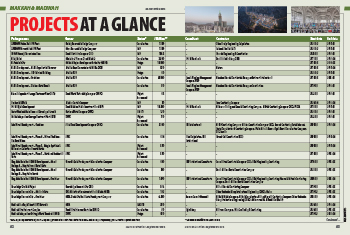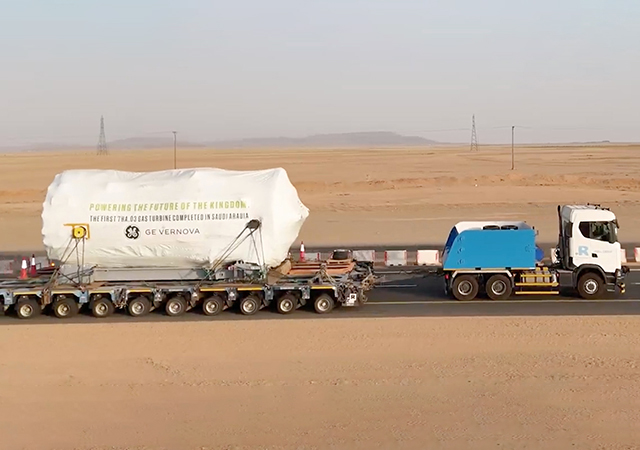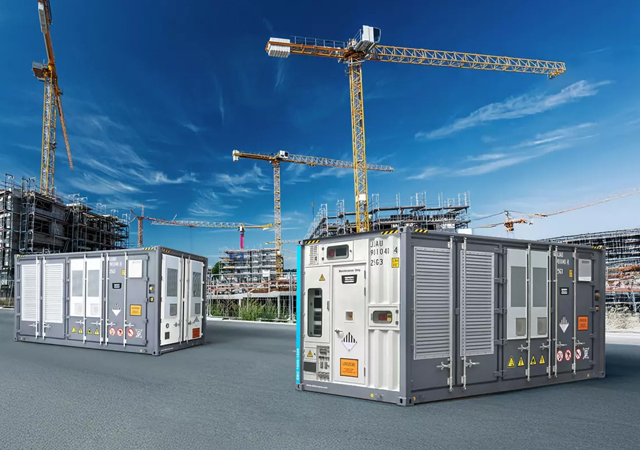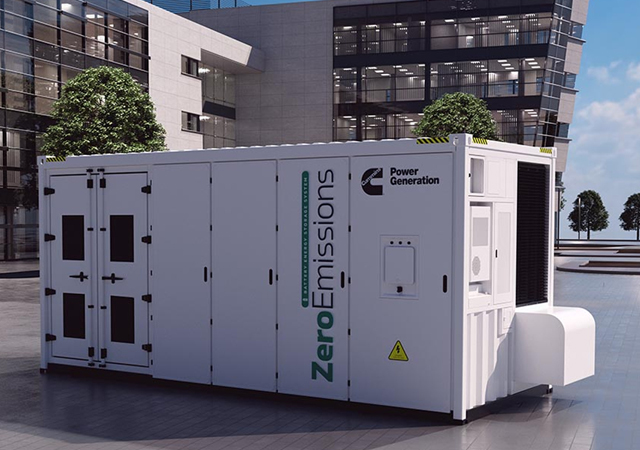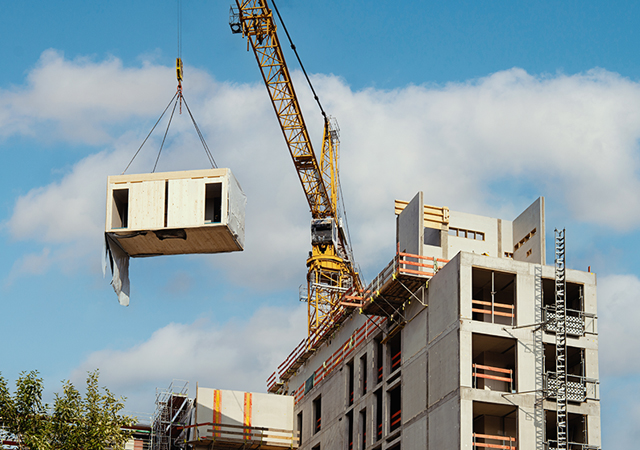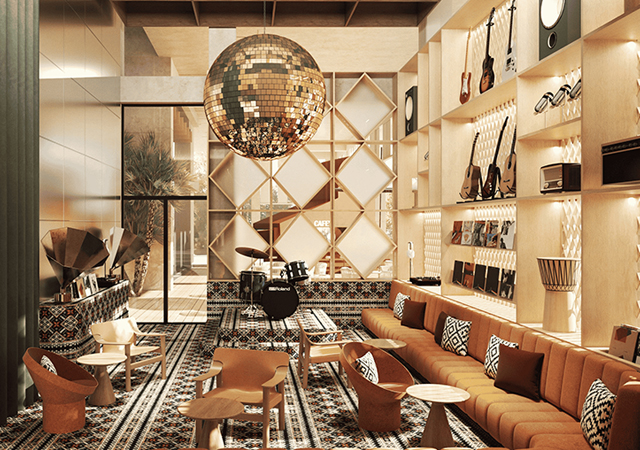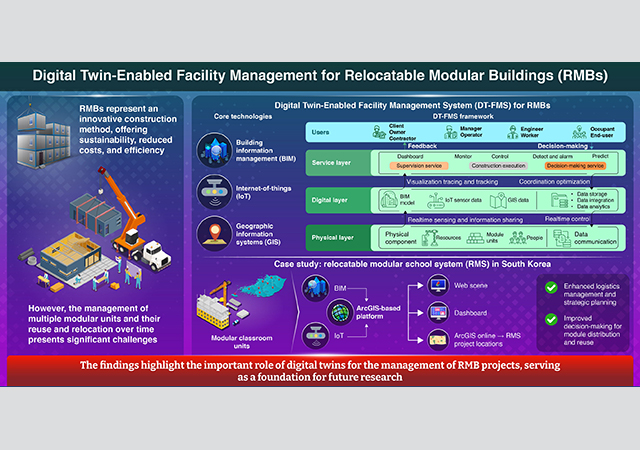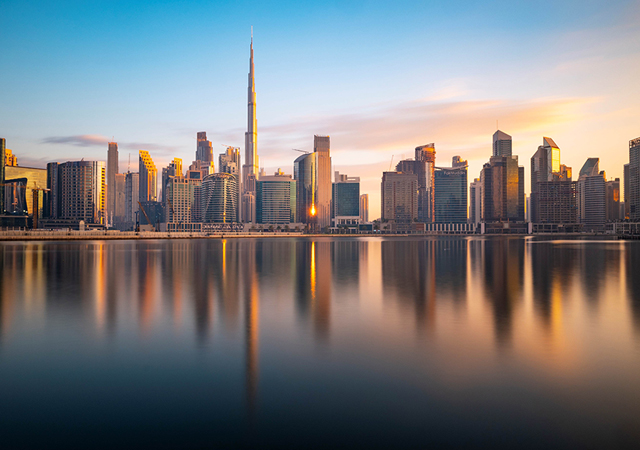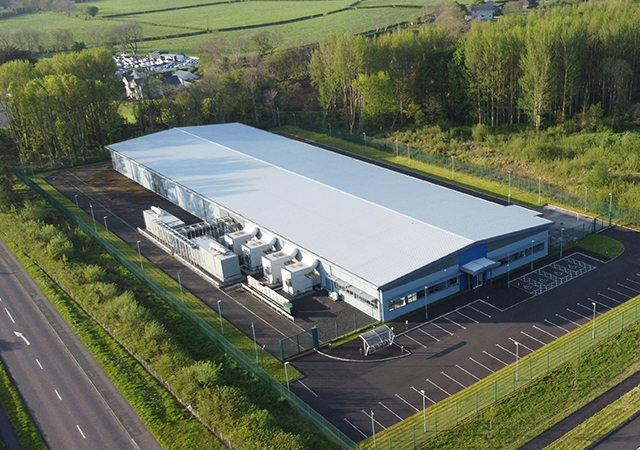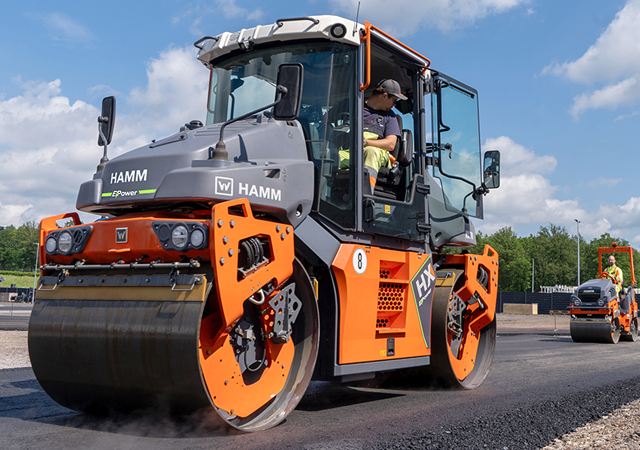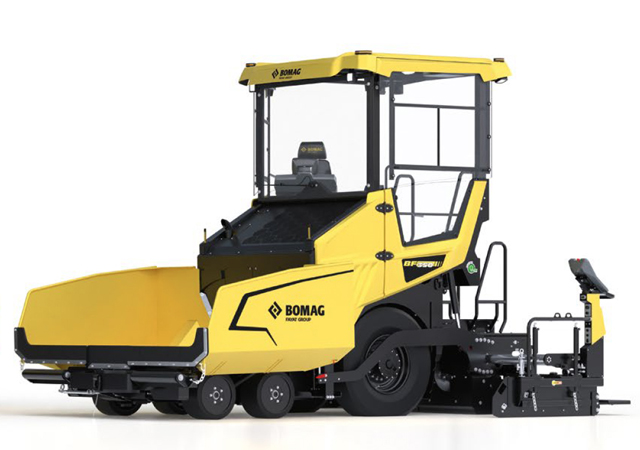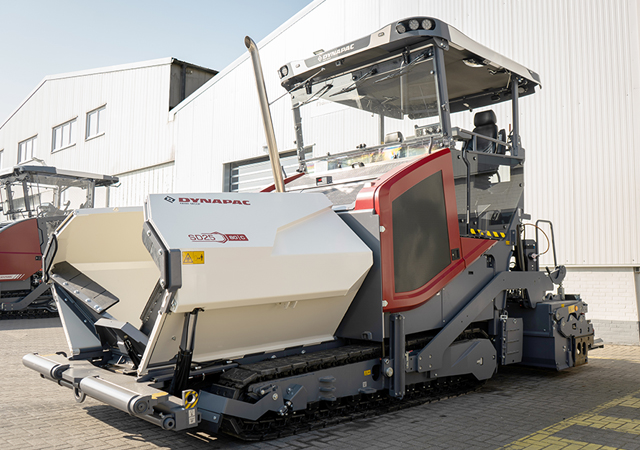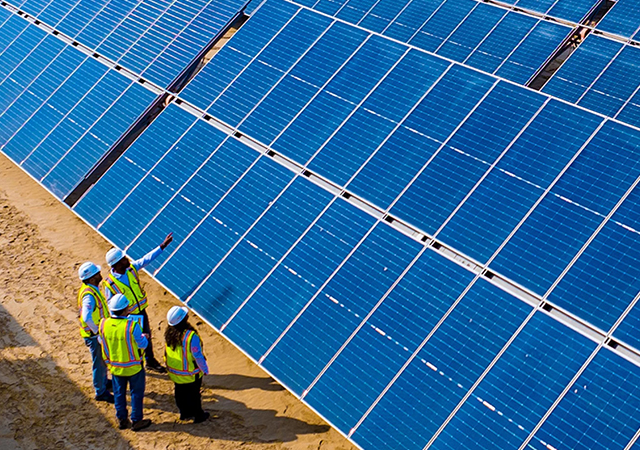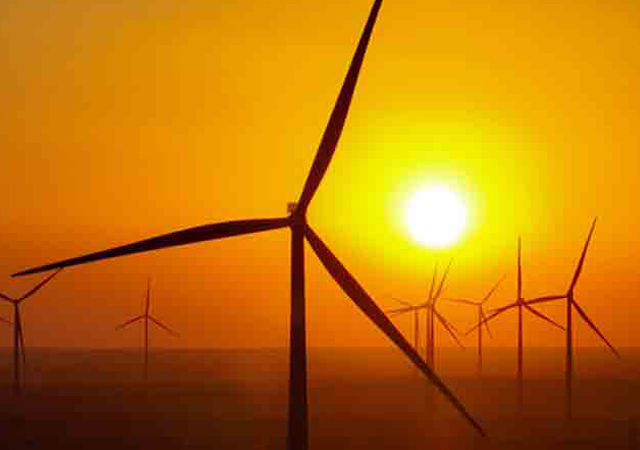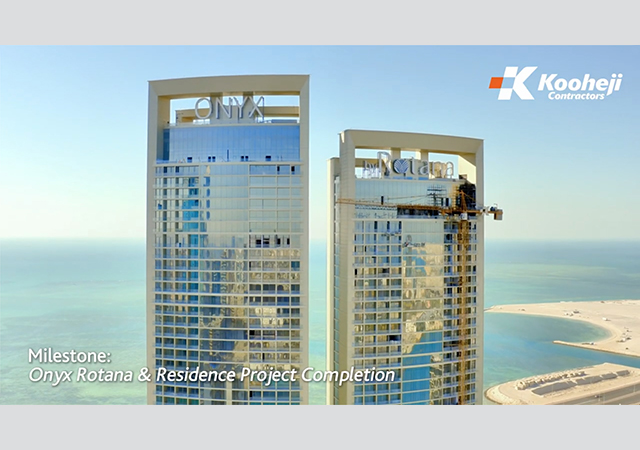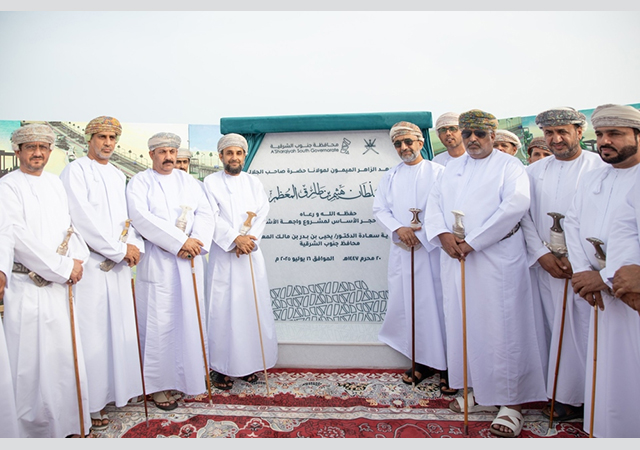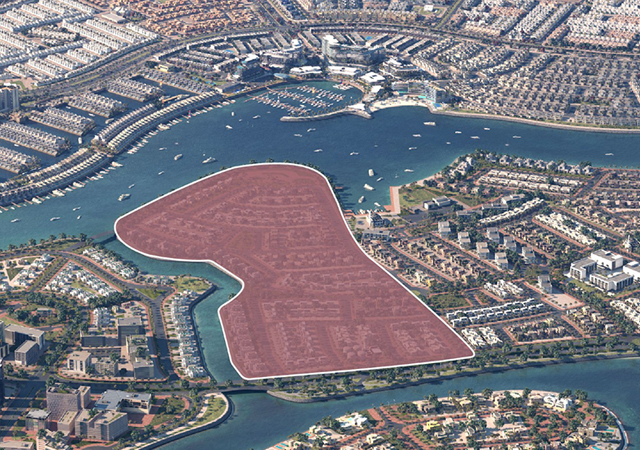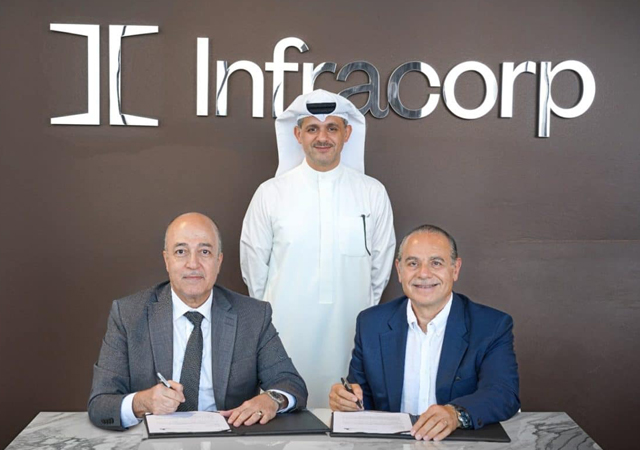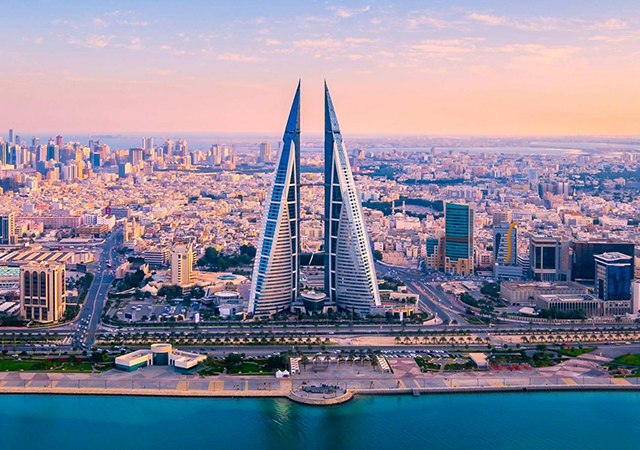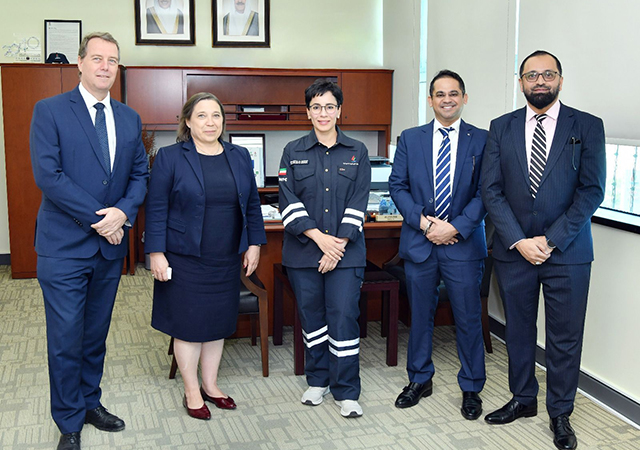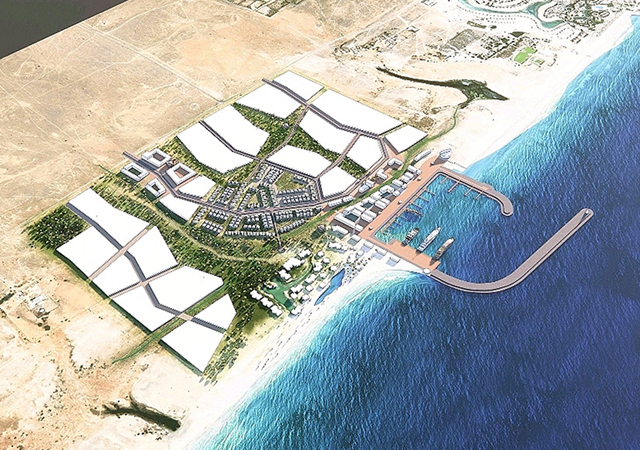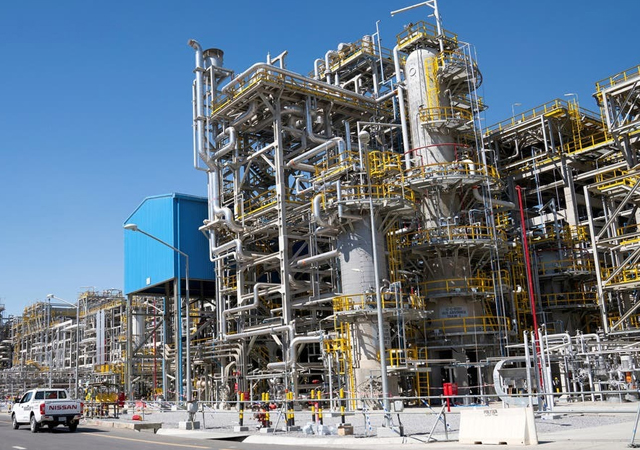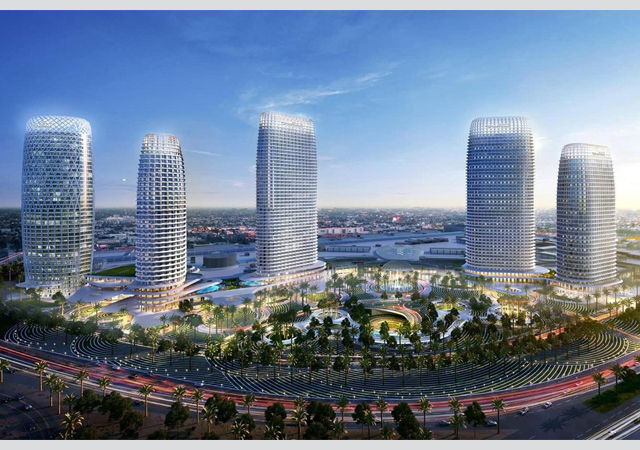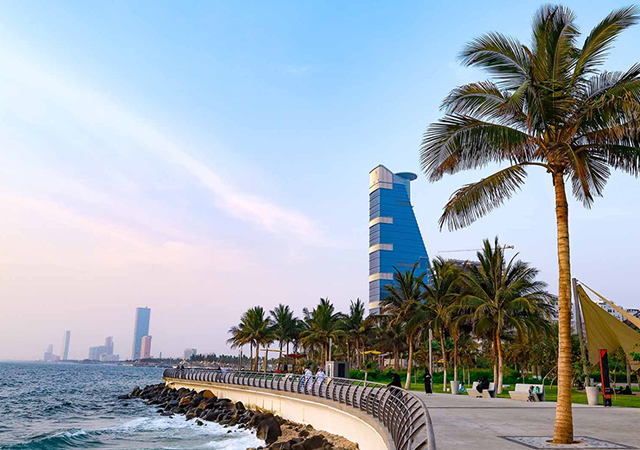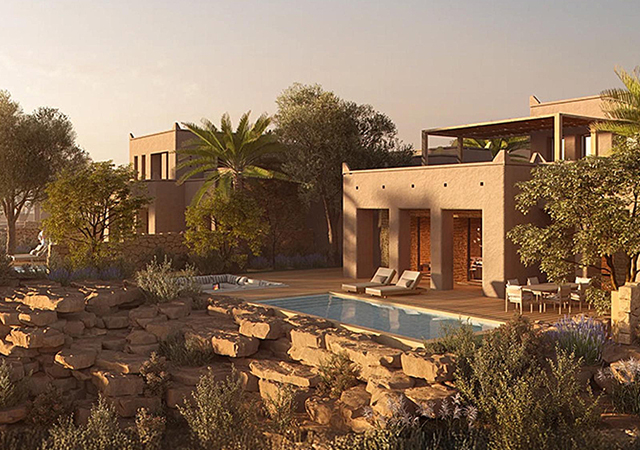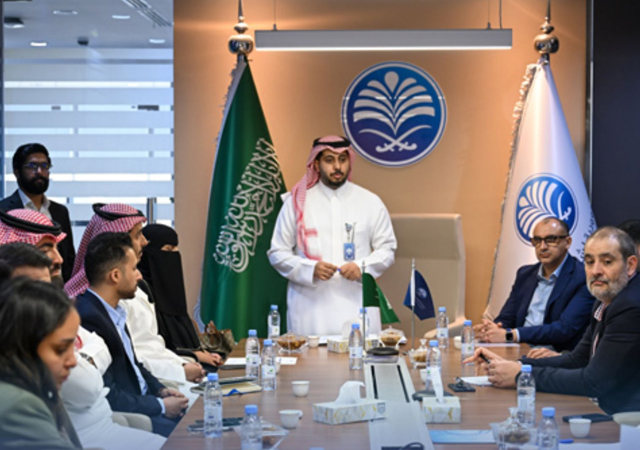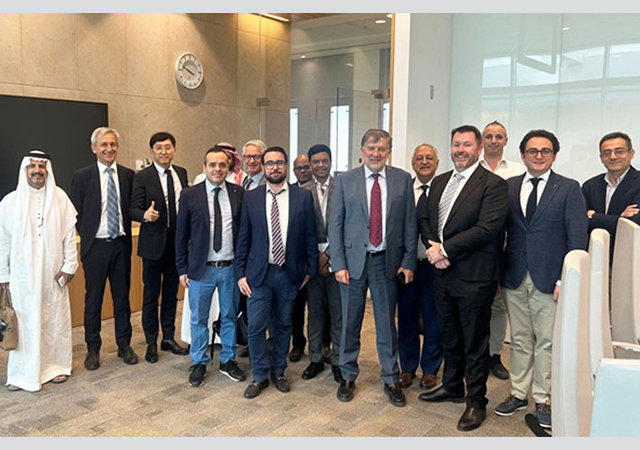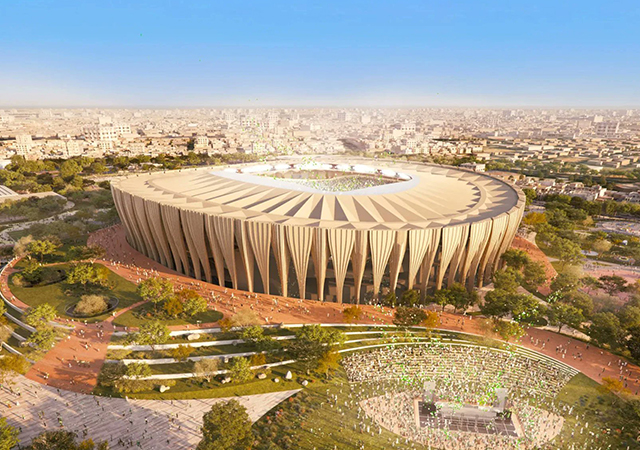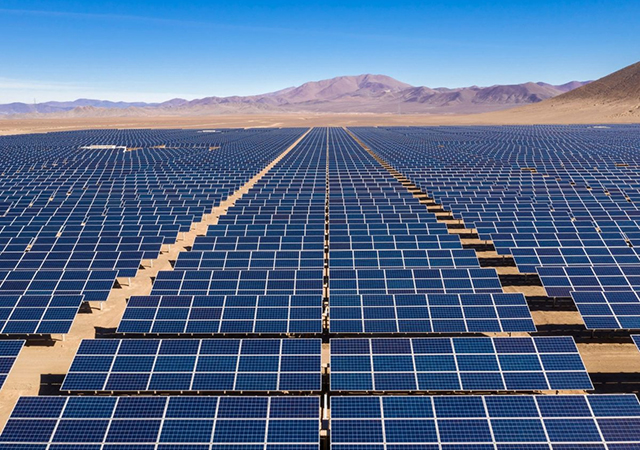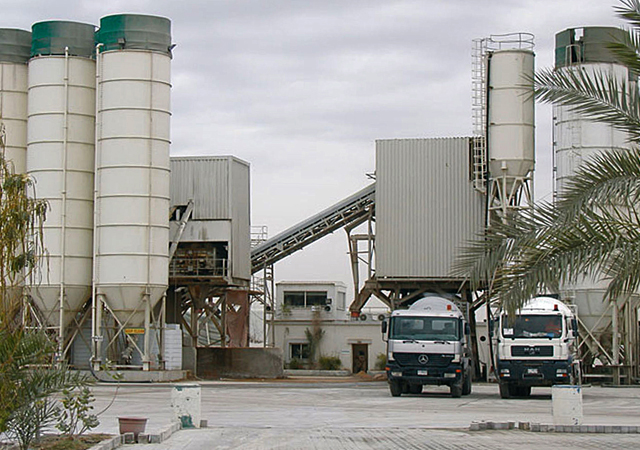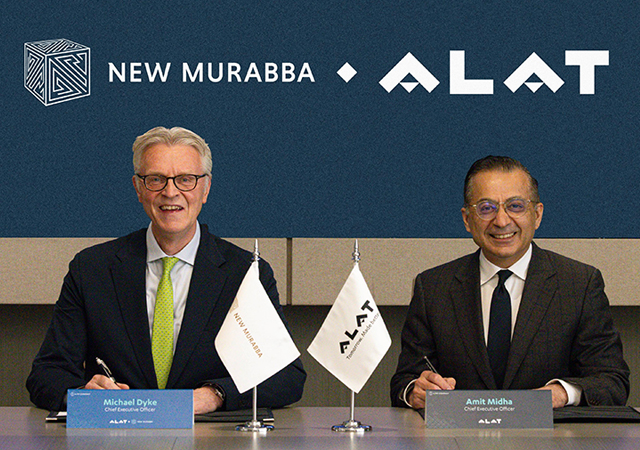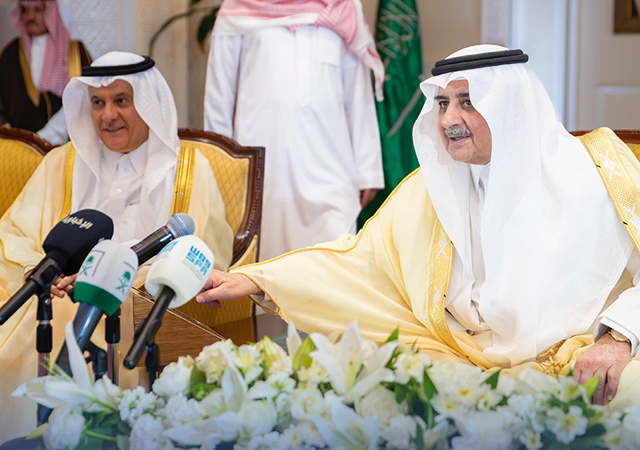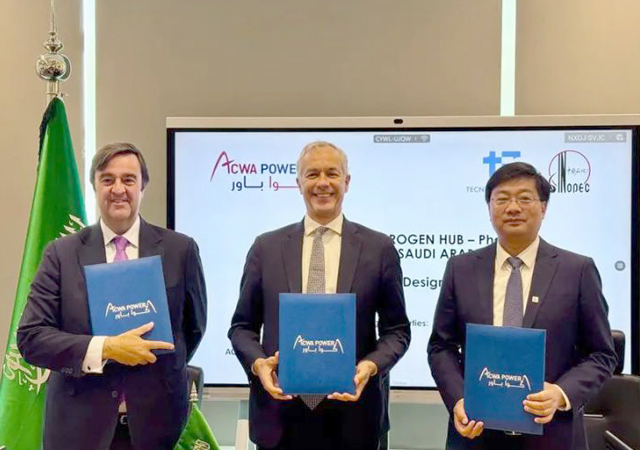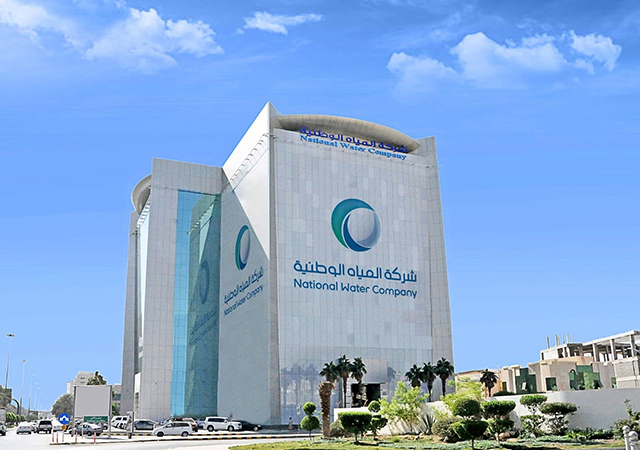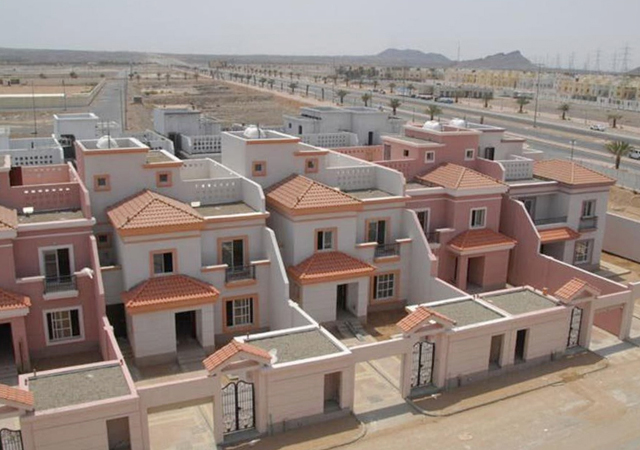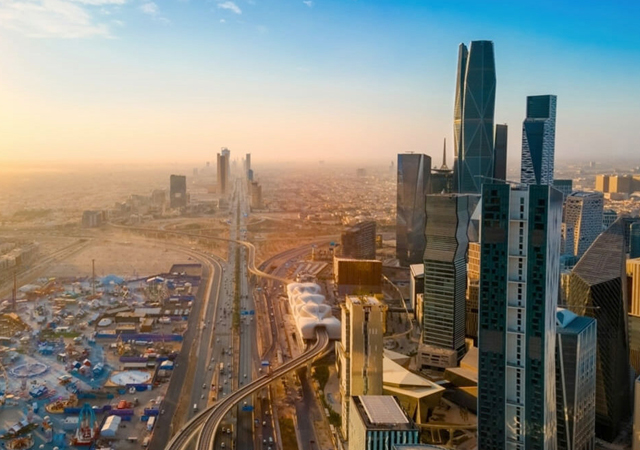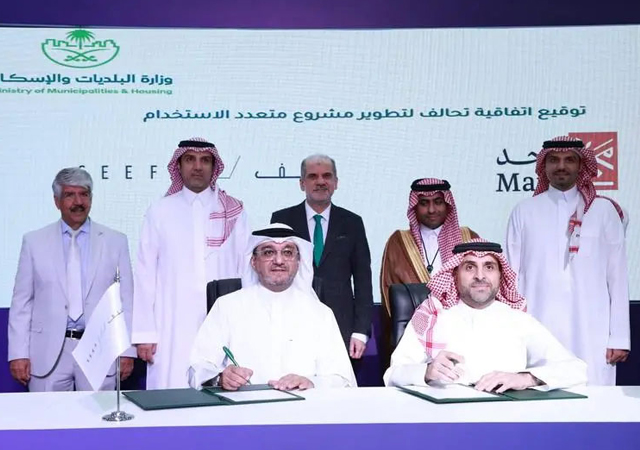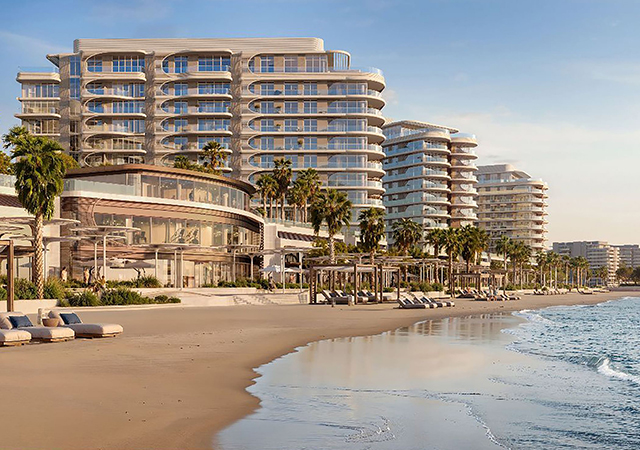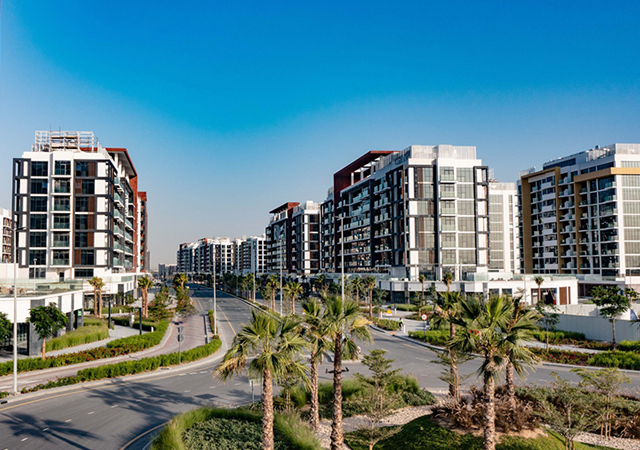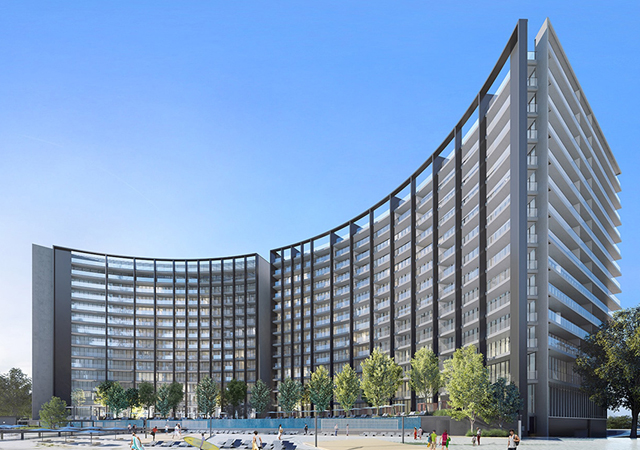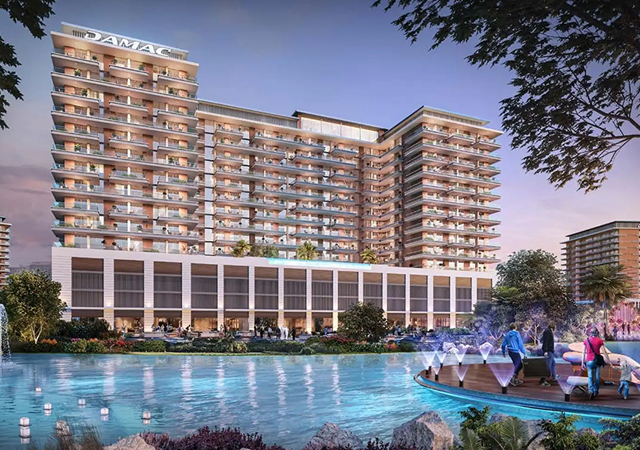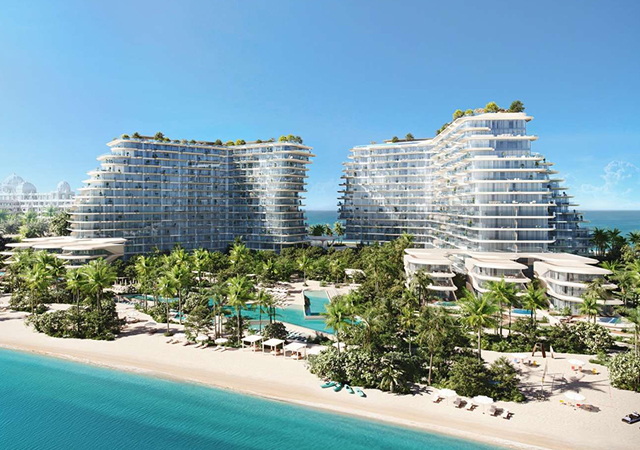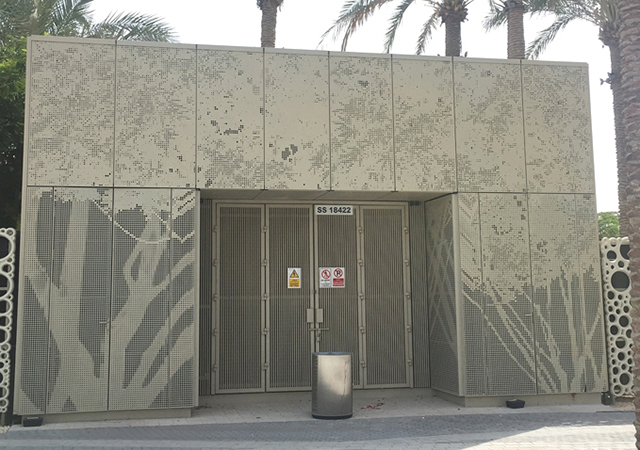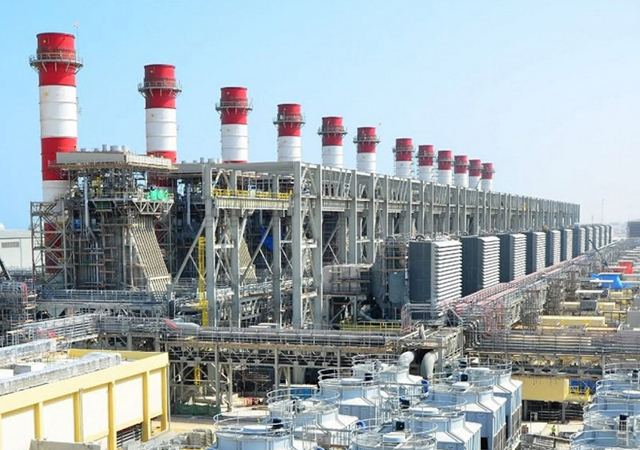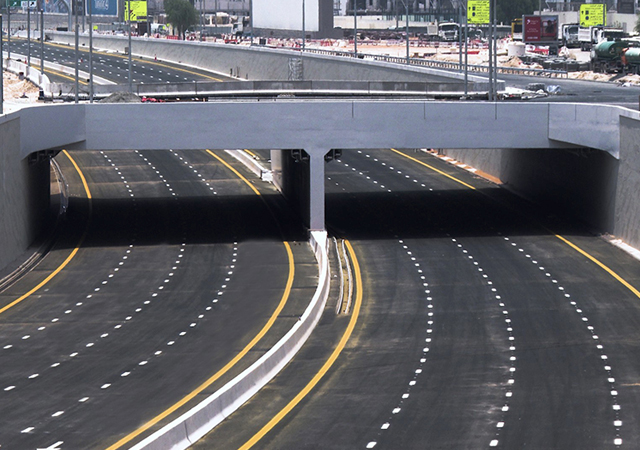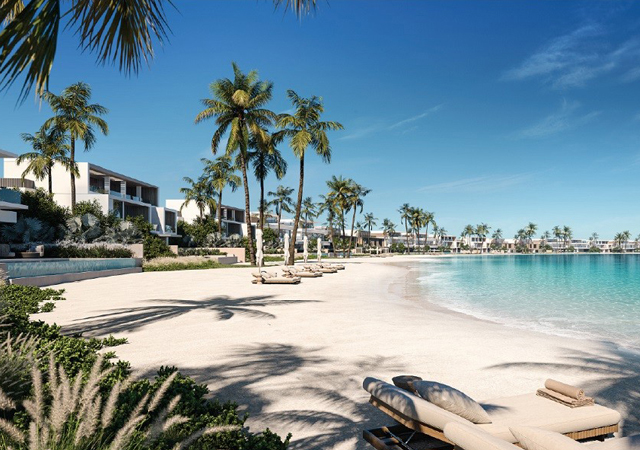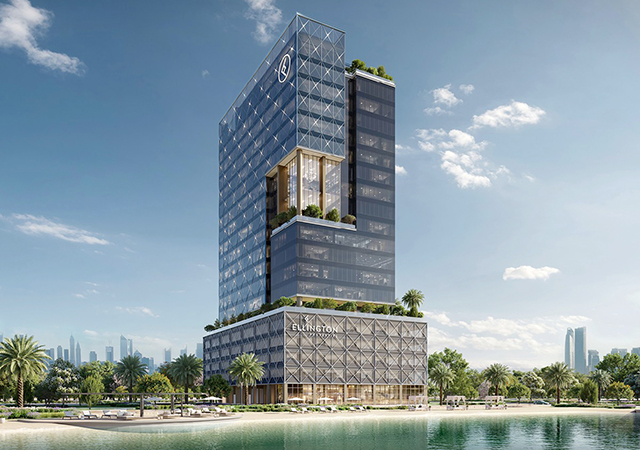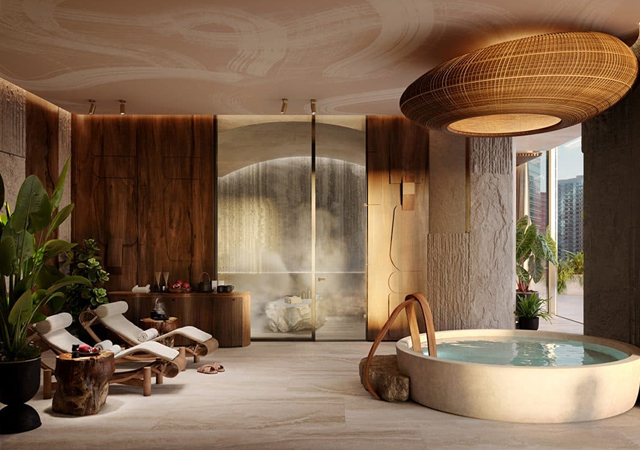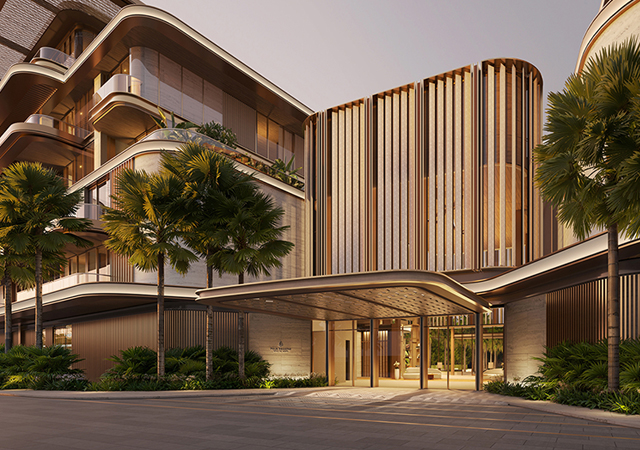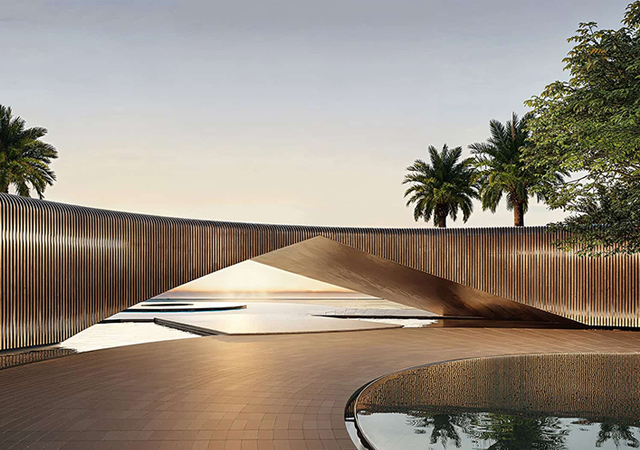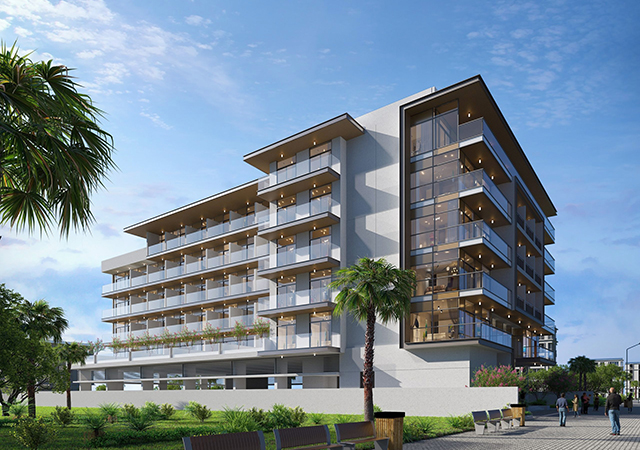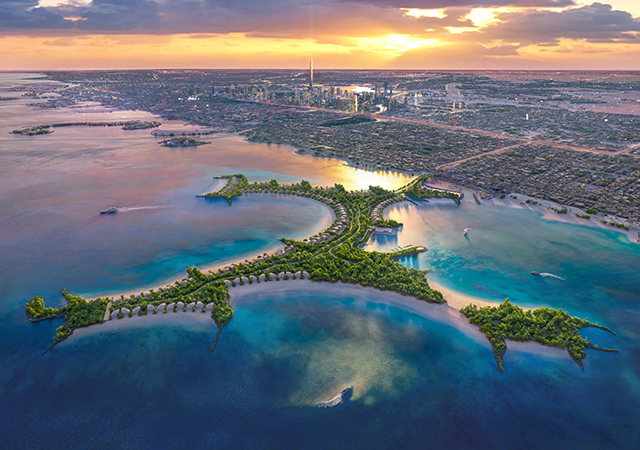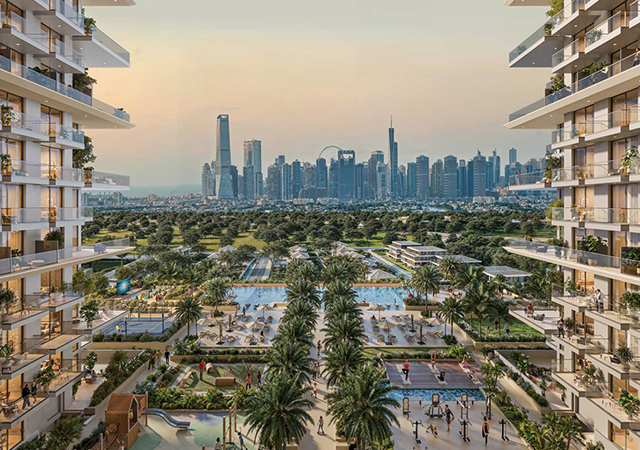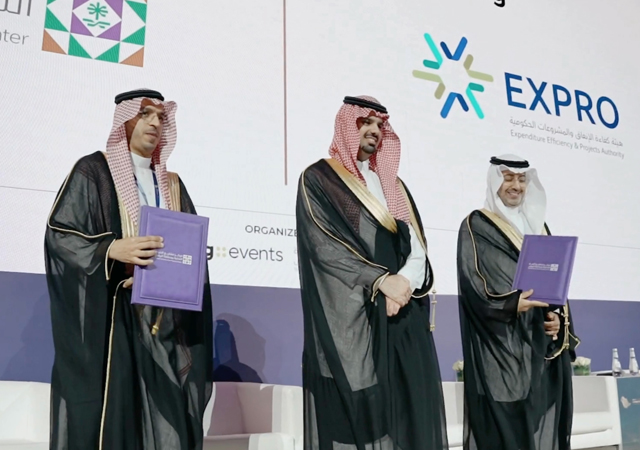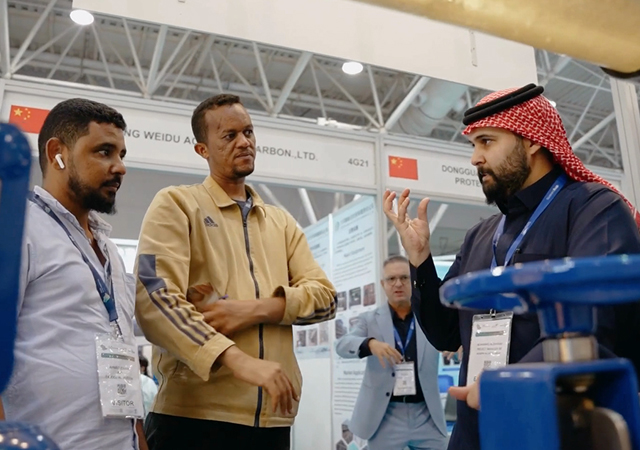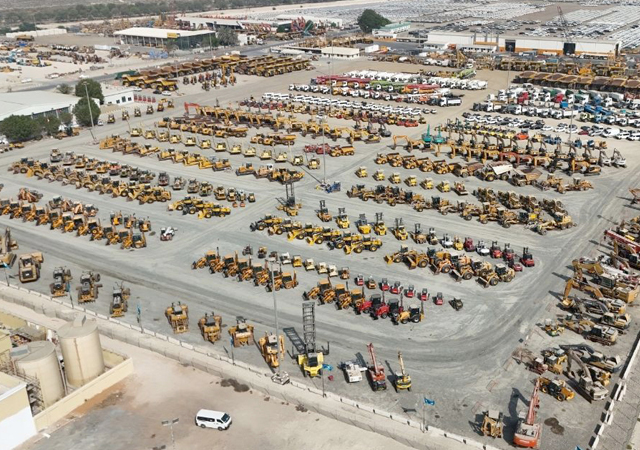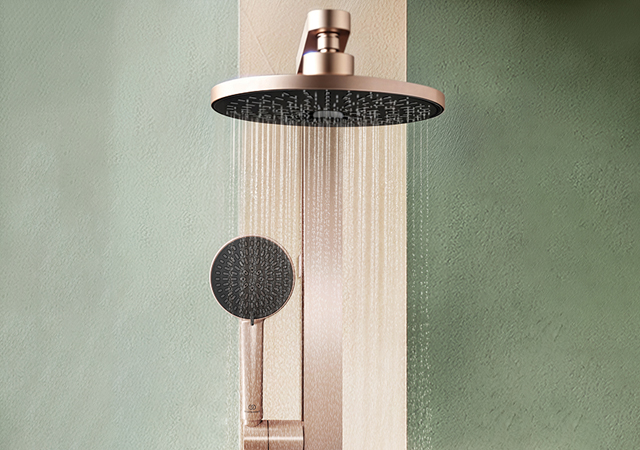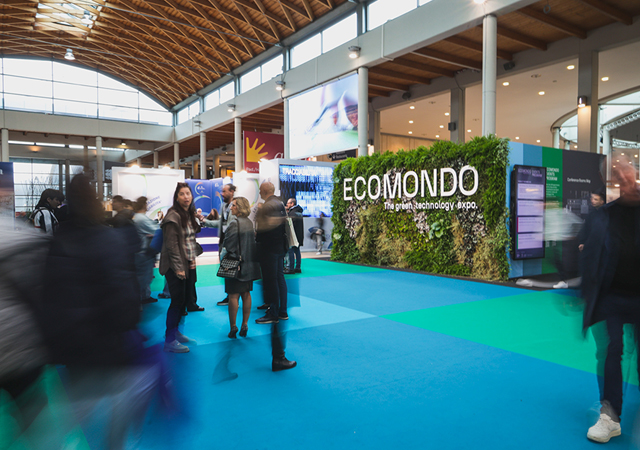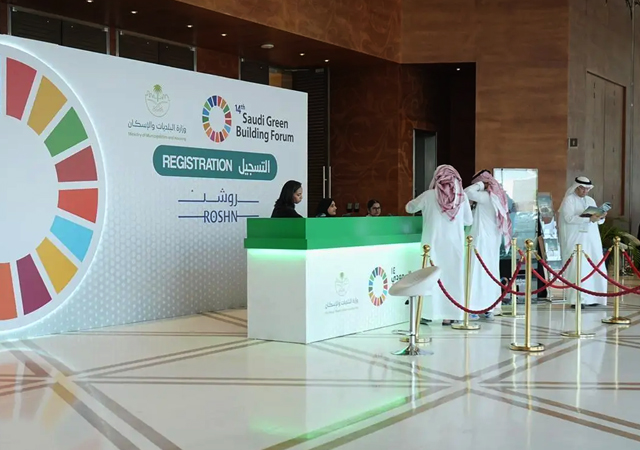
 Al Rashed’s facility uses state-of-the-art contour cutting machines.
Al Rashed’s facility uses state-of-the-art contour cutting machines.
Having successfully participated at the SaudiBuild exhibition for the past several years, Dammam-based Al Rashed Polystyrene is confident of making further inroads into the local and regional markets by making its presence felt at this year’s exhibition when it opens in Riyadh, this December.
“This year we will be focussing on promoting our popular range of sandwich panels alongside the roofing and insulation materials,” says Khalid Al Shaami of Al Rashed Polystyrene.
Al Rashed Polystyrene will also have a major presence at the Qatar Expo, when it opens later this month (September), he adds.
According to Al Shaami, the company’s participation at the exhibitions – SaudiBuild in particular – has allowed it to enter into new markets.
“This year, we have plans of further developing our presence in the Kuwait market and also introduce its range of products in Qatar, where it will partner with its building material division to promote the existing range of products. Apart from this the company is also planning to make inroads into the markets of Iraq, after having made a foray about six months earlier.
Currently, business has been excellent corresponding to the boom in the regional market – including the markets of Saudi Arabia, Kuwait and Iraq, Al Shaami says.
The company has already notched a growth in sales of up to 45 per cent over the sales volume achieved in the previous year and hopes that the current boom will carry into the next five years.
At its fully computerised facility at Dammam, the company manufactures extruded polystyrene (EPS) blocks of any size and specification. In 2000, the company installed a fully-automated, state-of-the-art laminating machine for the production of high performance insulated sandwich panel used in the construction of temperature-controlled buildings such as: cool rooms and industrial or commercial buildings of any type, says Al Shaami.
At its Dammam facility, the company manufactures two systems of sandwich panels – the Econotilt wall panel and its corresponding Econodeck roof panel, which have been transformed by a laminating machine into high-performance panels.
Econotilt system
Comprising a range of products and designs that have been carefully developed to satisfy the complete building and cold storage requirements, the Econotilt panel is a manufactured structural sandwich panel consisting of pre-painted steel faces bonded to a core of fire-retardant treated expanded polystyrene (EPS) with a stable thermosetting adhesive.
The Econotilt wall panel system combines two skins of pre-painted colour bond steel and a core of EPS. The 0.5-mm thick steel surface is available in several profiles and in many popular colours. Core material is standard fire retardant expanded polystyrene with a nominal density of 20 kg/cu m.
“Edges of steel skins are roll formed in the laminating process to provide the (Z-Lock joint) male and female edge to each panel,” says Al Shaami.
Econodeck system
The Econodeck roof panel system differs from the wall panel in the external colour bond surface, which has a 100 mm profile as a standard with a rib forming the weather joint. Econodeck is an identical match in colour and core material; the steel skins measure 0.50 mm thick externally and 0.50 mm on the inner side.
When compared to traditional commercial and industries roofing products, the Econodeck roof and ceiling systems have a number of distinguishing features. The system differs from the Econotilt panel in that the top skin forms the roof and is profiled in a manner that distinguishes it from other products. In addition, the panels provide an aesthetically pleasing profile with practical thermal and weather resistance capability, he says.
Elaborating on the advantages of the systems, he continues: “The strength of the insulated sandwich panel systems are based on its lightweight, yet durable composite panel. The Z-Lock of the panels provides significant saving by simplifying the construction process whilst enhancing vapour sealing. The panels also have a superior weather and vapour barrier and can provide dust-free internal surfaces as required.
“In addition, the panels also offer on-going saving in heating and cooling costs, shorter construction times, and ease in installation.”
Both the Econotilt and Econodeck are available in a choice of finishes to their surfaces. In the roll-forming process, either skin (internal or external) can be slightly profiled or flat.
Panel sizes are extremely flexible with a standard width of 1200 mm by a continuous length of up to 18 m (subject to transport facilities). Thickness ranges with the core material from 35 mm to 300 mm. Dependent on thermal or structural requirements.
The new panel joint, which is incorporated in both types of panel, combines increased panel strength with speedy and efficient installation, says Al Shaami.
The systems find a range of applications ranging from factories, warehouses, distribution and storage centres; sports complexes and similar public areas; cold storage and food processing; clean rooms; industrial and agricultural facilities; transportable buildings; poultry production facilities; and dairies, among others.
Al Rashed’s materials and construction methods are approved by most of government and private sectors, he adds.
In addition, the company also manufactures a range of products that include:
• RAR blocks and sheets – used for concrete roof and wall insulation;
• Hourdi blocks to reduce the load on the roof;
• Construction decoration – polystyrene used instead of plywood;
• Vegetable and fruit boxes;
• Ice boxes – ideal for fresh food and cold drink storage; and
• Seedling trays – ideal for growing vegetable seeds.
Established in 1992 to boost the local economy and to offer expanded polystrene products for the agricultural, construction and thermal insulation needs of the local market, Al Rashed Factory for Polystyrene has grown over the years to become a major player in the manufacture of panels. The company, part of the Rashed Abdul Rahman Al Rashed and Sons Group, has invested in advanced machines in its production lines to help deliver high-quality products.
“We have a team of qualified engineers and technicians to operate these machines and help us reach the maximum possible quality, while also keeping an eye on the accuracy of different designs of polystyrene products,” he adds.
Besides its wholly owned subsidiaries, the Rashed Abdul Rahman Al Rashed and Sons Group has partnerships with both Saudi and foreign entrepreneurs. Founded in 1950, it operates through a network of commercial and industrial divisions. The group has established a niche for itself in every sector of the Saudi economy and over the years, has assumed vital stakes in the fast-growing private sector.
In addition to major interests in banking, real estate and stock investment, the group has 62 companies, 32 of which are fully owned while it has a major share in the remaining companies. The companies within the group are involved in the distribution of cement, steel, wood products, automotive products, building materials, computers, hardware and software and the manufacture of gas and oil field products, steel and automotive products, besides fasteners.



